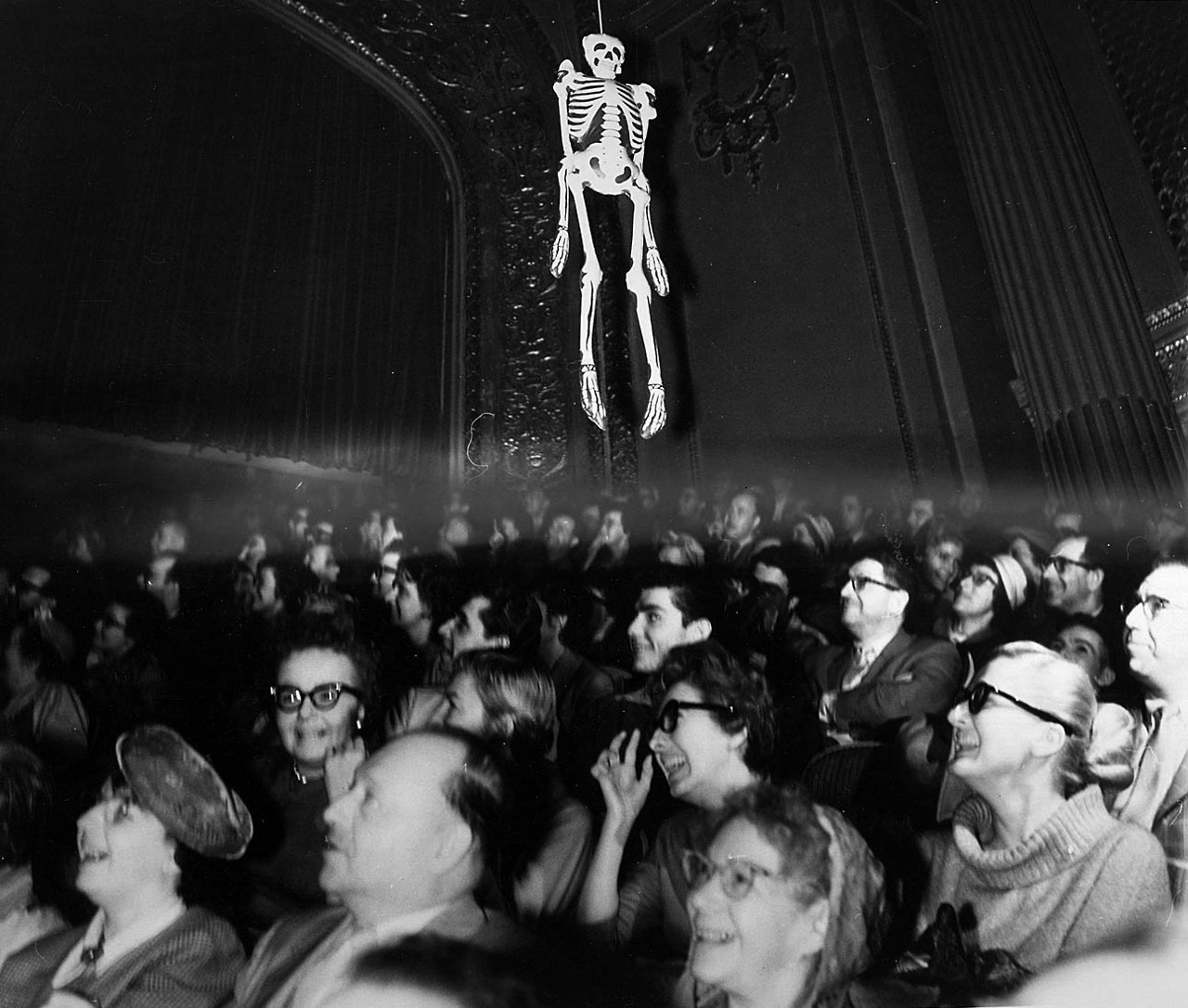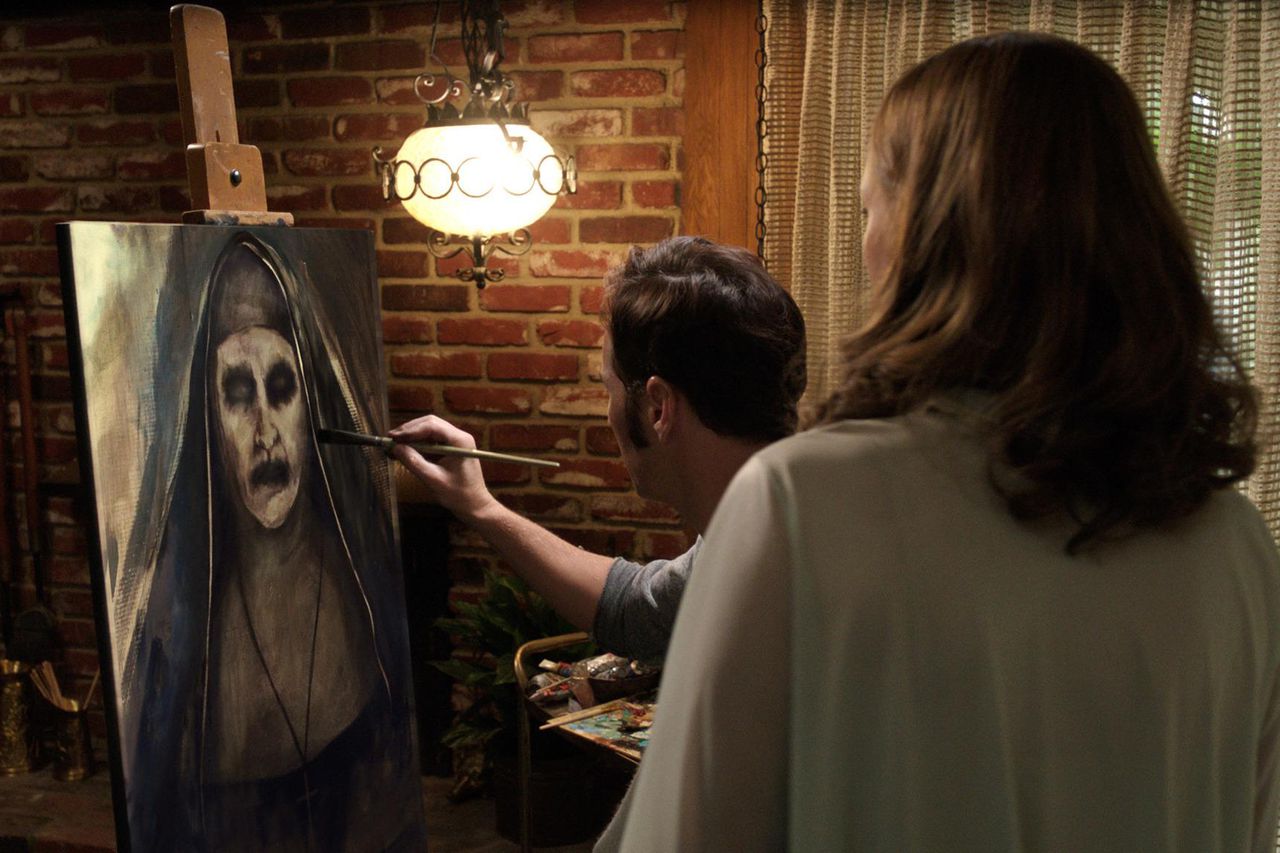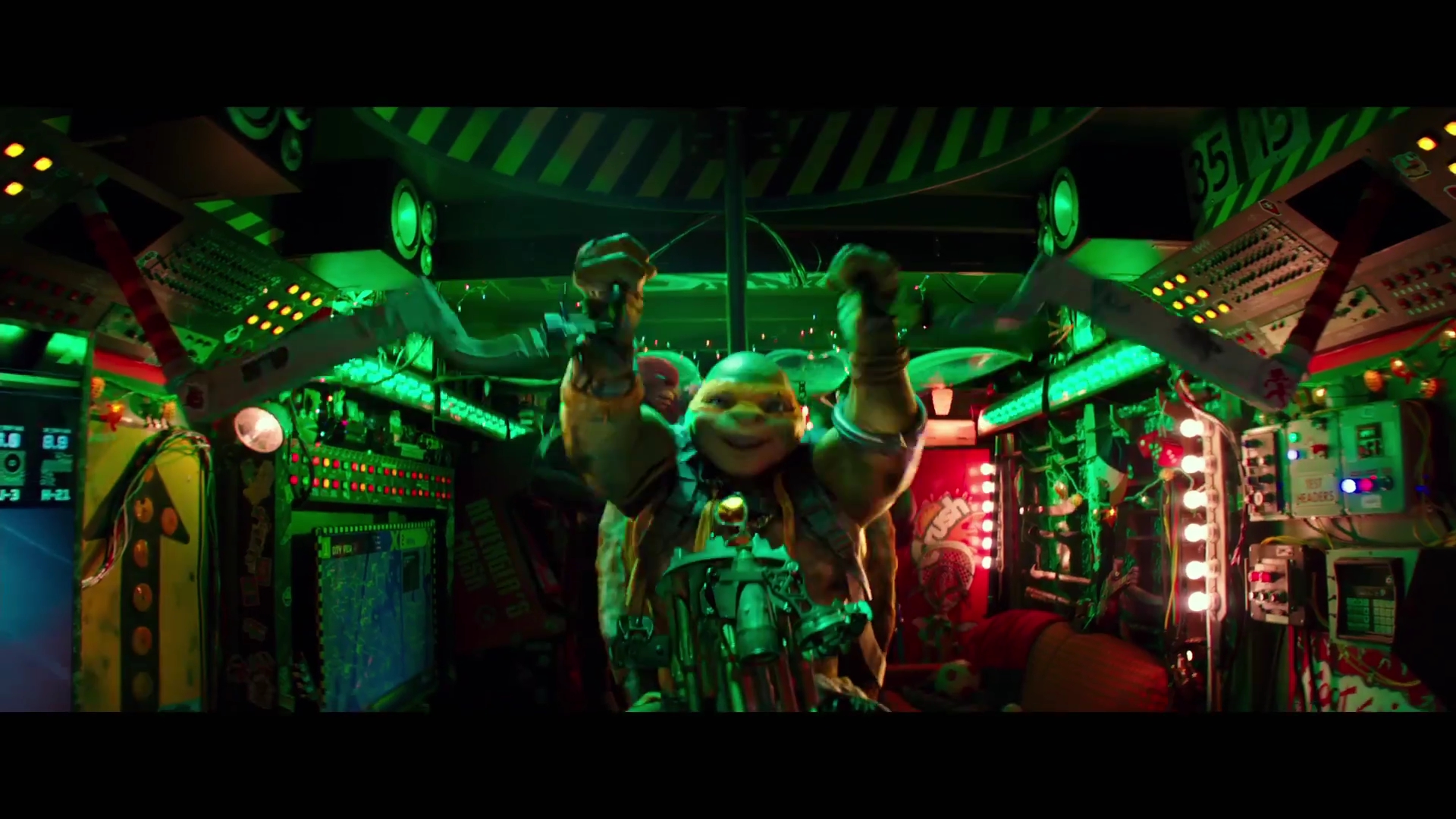Independence Day: Resurgence is awful for the most dull reasons. For a franchise whose saving grace was reckless, confident sincerity, watching Jeff Goldblum and co. trudge in front of green screens and recite half-hearted dialogue is a disinterested slap to the face. The first was never Oscar material, but simply put, there's a way to make B-movies with love, and this sequel isn't it.
The plot's the same: aliens invade Earth and threaten global extinction. The difference is that now we spend 45 minutes of a 120-minute movie updating you on what everyone (and I mean EVERYONE) is up to. Did you want to see Judd Hirsch drive a school bus while being chased by an alien? Of course you did.
Did you want to see Steven Hiller (Will Smith) punch aliens and chomp cigars? Well, too bad. Turns out his character is dead, for a reason so glossed over, it's not worth explaining (Why do bad movies justify a dead character by showing their massive portrait in the background?).
 Instead, the new hotshot pilot is played by Liam Hemsworth, who's simultaneously out-acted by toast, wood, and concrete. His fiancée, an ex-pilot and daughter of ex-President Whitmore (Bill Pullman) is played by the stellar, nuanced Maika Monroe (It Follows). Given her relationships to the first movie and her ailing father, she'd make a far better lead. But Hollywood is still convinced Liam Hemsworth needs to be a star when they most certainly should NOT.
Instead, the new hotshot pilot is played by Liam Hemsworth, who's simultaneously out-acted by toast, wood, and concrete. His fiancée, an ex-pilot and daughter of ex-President Whitmore (Bill Pullman) is played by the stellar, nuanced Maika Monroe (It Follows). Given her relationships to the first movie and her ailing father, she'd make a far better lead. But Hollywood is still convinced Liam Hemsworth needs to be a star when they most certainly should NOT.
Hemsworth engages in stilted, awkward machismo, getting in dick-waving contests with Hiller's son, Dylan (Jessie T. Usher), newly-minted captain in the Earth Space Defense. Why? The movie pussyfoots around for 30 minutes, with scattered clips of vague exposition, culminating in a barely-coherent mobile video. Mix this in with several other exposition-heavy subplots and you'll start to see my problem: I don't care about anyone.
 Say what you will about the first, but at least I felt the stakes. When Jeff Goldblum saw the damage, he acted (appropriately) like a man watching the world burn. Here, he witnesses London's obliteration to dust and remarks "They sure like to hit the landmarks." These characters know they're in a movie, and their sly nudges to the audience pull me out of what should be delightfully corny or (to give Independence Day more credit) emotionally involving on a primal scale.
Say what you will about the first, but at least I felt the stakes. When Jeff Goldblum saw the damage, he acted (appropriately) like a man watching the world burn. Here, he witnesses London's obliteration to dust and remarks "They sure like to hit the landmarks." These characters know they're in a movie, and their sly nudges to the audience pull me out of what should be delightfully corny or (to give Independence Day more credit) emotionally involving on a primal scale.
There are good ideas to expand the universe and turn a disaster film into a sci-fi exploration with intergalactic dogfights. We learn more about the universe beyond the two interested parties, and like in Star Wars, opens up the possibilities. But in an already cluttered film, these ideas are too little, too late.
Independence Day: Resurgence is the worst kind of sequel, one that sucks out what made the first enjoyable, leaving behind a hollow shell. Most of the people on-screen look like they could care less, so as a patron with $10-13 to spare, why should I?
Thank you all for reading. I'm the Man Without a Plan, signing off.













